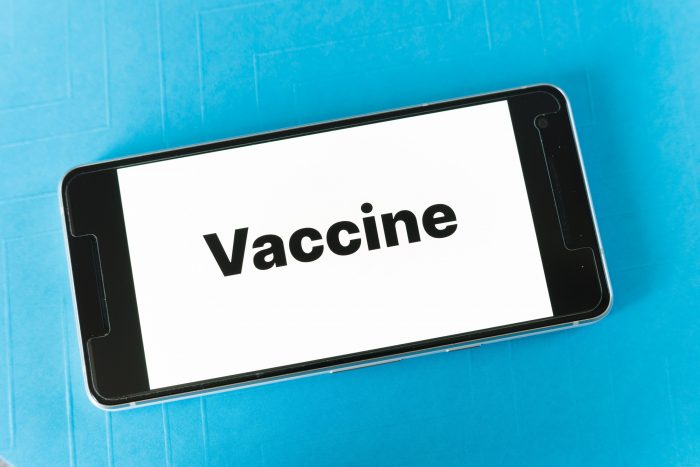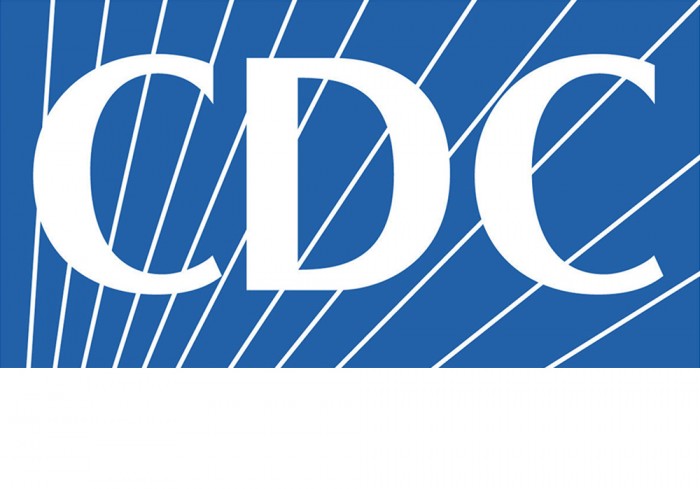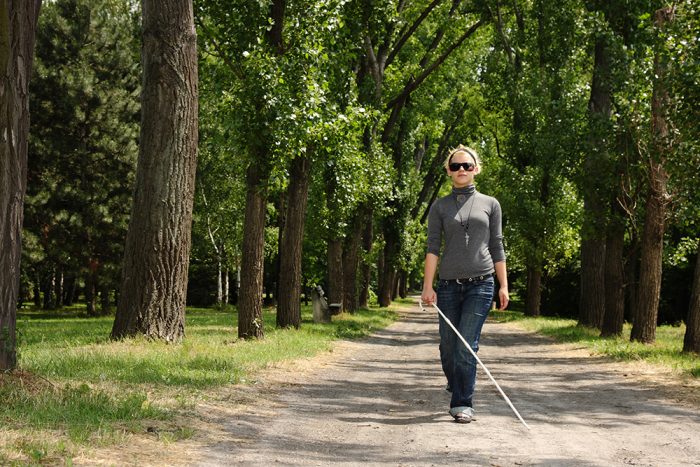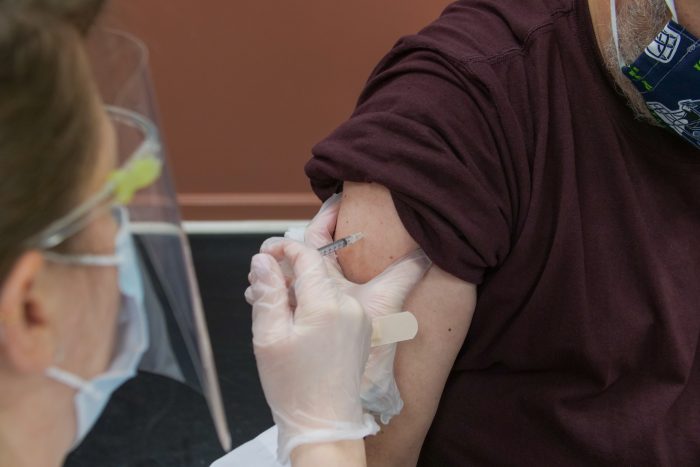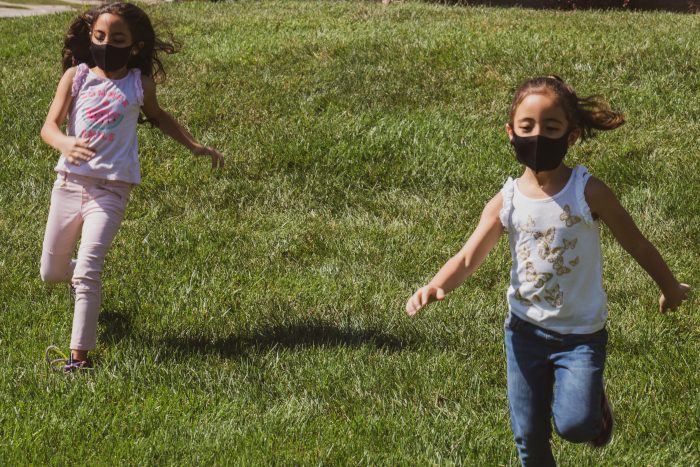ODP Announcement 22-046 serves as a reminder about a recent update to recommendations from the Pennsylvania Department of Health about details for COVID-19 vaccines and boosters. The CDC updated their COVID-19 vaccine booster recommendations on May 19, 2022, to include guidance on boosters for children ages 5 through 11.
Pennsylvanians age 12 and older are eligible to schedule a COVID-19 vaccine booster, and those who are immunocompromised should receive a second booster dose at least four months after their first booster.
Eligible individuals are now able to schedule appointments and receive vaccine or booster doses. The Office of Developmental Programs (ODP) will not be coordinating clinics for COVID-19 vaccine or booster doses.
Supports Coordination Organizations (SCO) and Supports Coordinators (SC) must make note of the following:
- Supports Coordinators (SC) are responsible for ensuring vaccine access for each individual supported by their organization.
- SCs are expected to be aware of vaccine and vaccination process information.
- SCs are responsible to support the vaccination process through coordination of vaccine access and vaccination appointments.
Residential Providers must make note of the following:
- Residential service providers are expected to identify a vaccine provider or have a plan for vaccinations of residents.
- Providers encountering difficulties locating vaccine resources can contact ODP via email.
Questions about this announcement may be directed via email to ODP.








